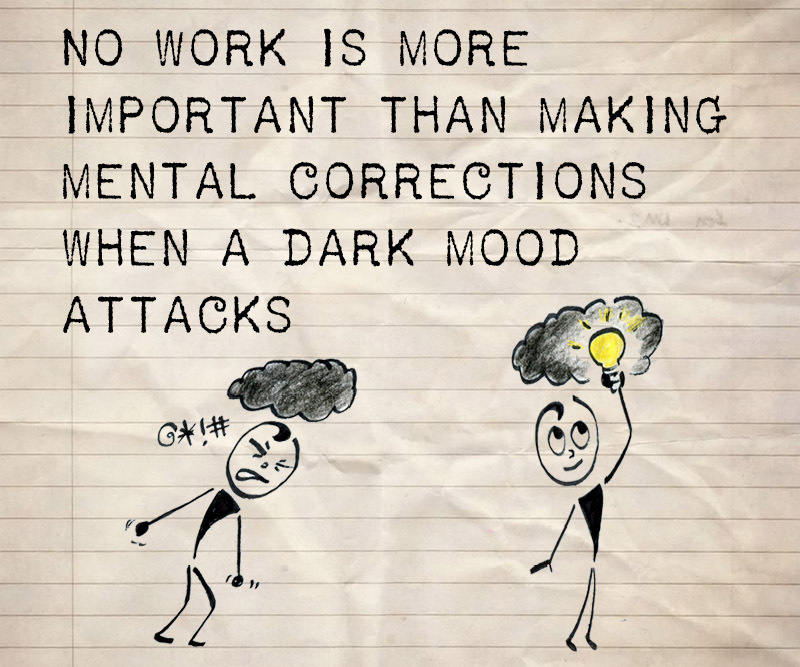The mental component of a high-intensity workout is composed of at least three aspects.
- Includes mental skills that the athlete must show in that particular session and they must have already developed at high level, otherwise he will not be able to implement them on an ongoing basis in the training session that is starting.
- Includes those exercises or parts thereof in which the coach and the athlete are convinced that they can be performed in an optimal level (eg , for a sprinter who has to run 3x300m , probably it is expected that at least the first , albeit laborious , it will be run as planned. In trap shooting, a skilled athlete knows that she usually hits 20 out of 25 targets performing at the maximum. The same goes for the court, in which a tennis player knows how to play when he is totally focused on the game).
- Includes those exercises or parts that determine the quality of that single session. For example, it will be great if the sprinter will be able to run as scheduled on the third repeatition of 300m, or if the shooter will hit more than 20 plates that she usually hits; the same for the tennis player, he has to play well even if he feels tired or he has to maintain a high level of play quality in a training exercise longer and more challenging than usual.
These are the psychological aspects that come into play when training requires physical and mental strength and they are trained only in these moments.





